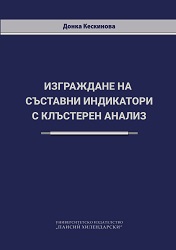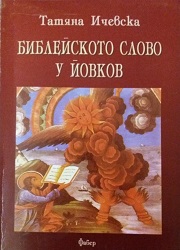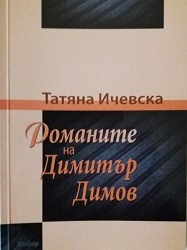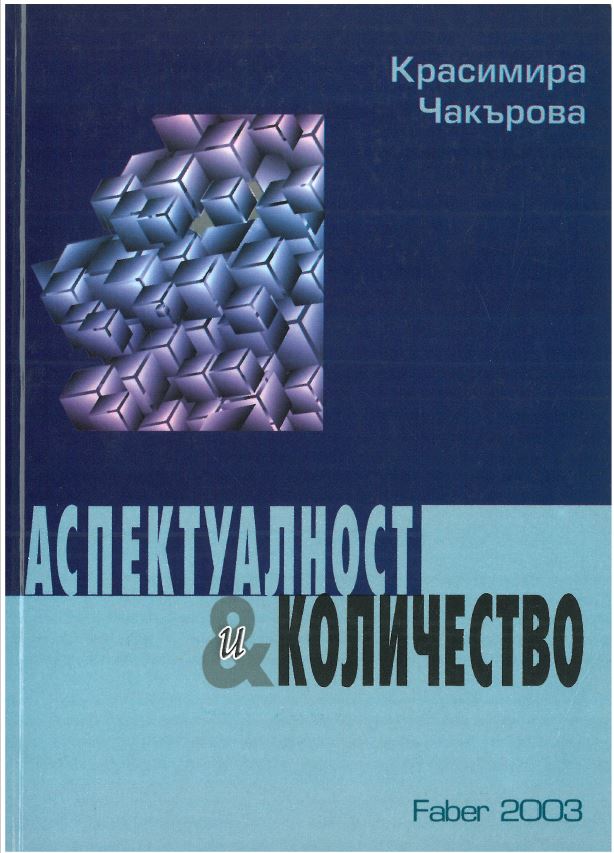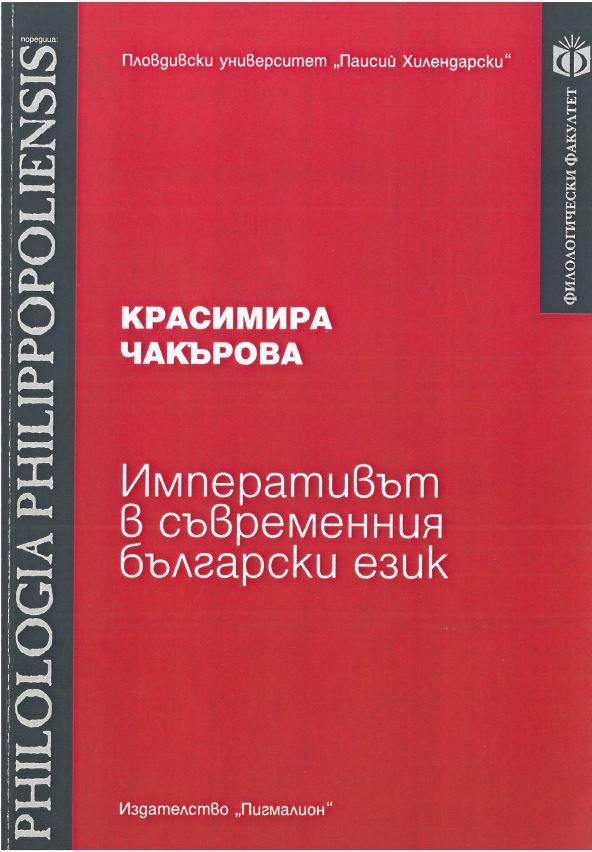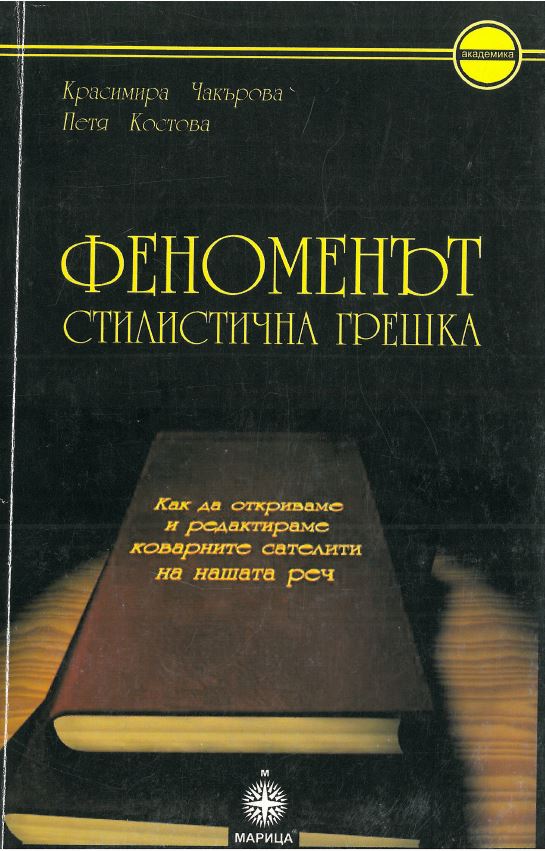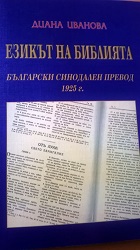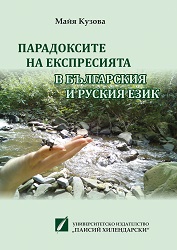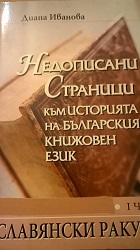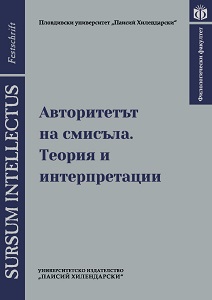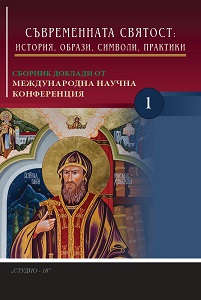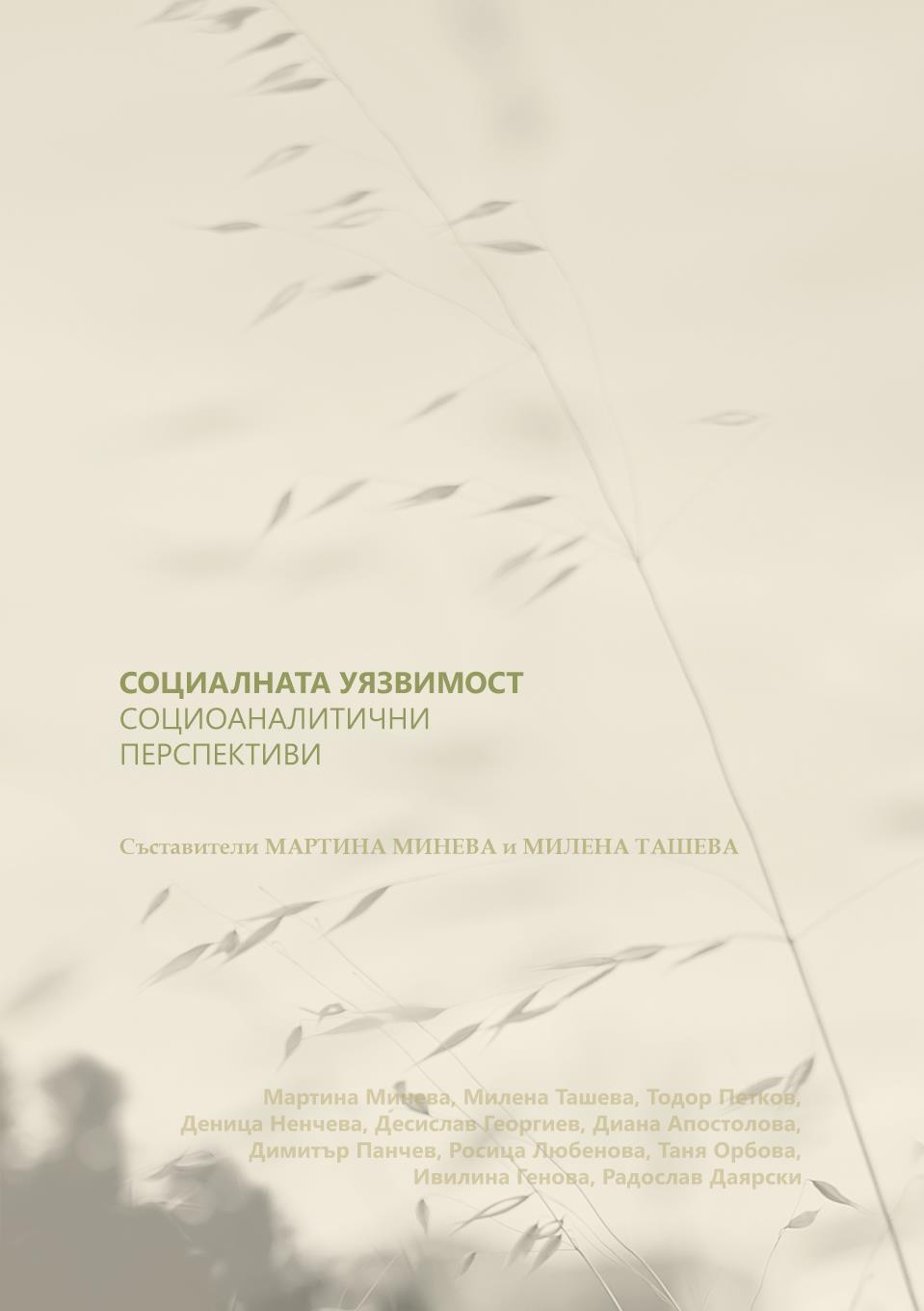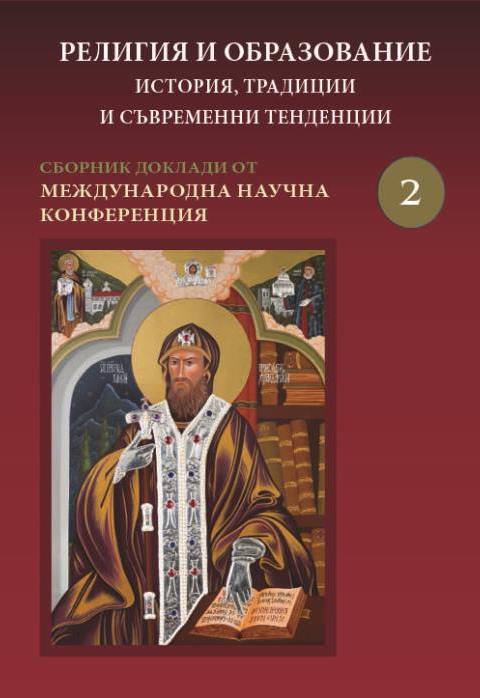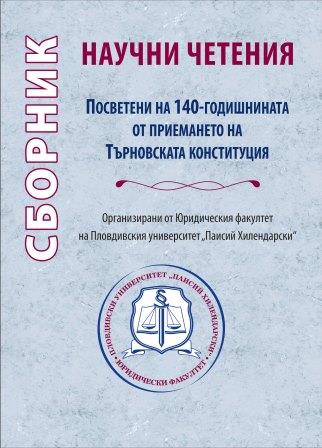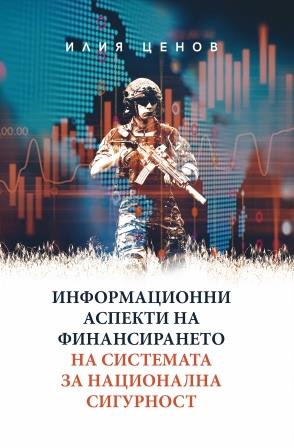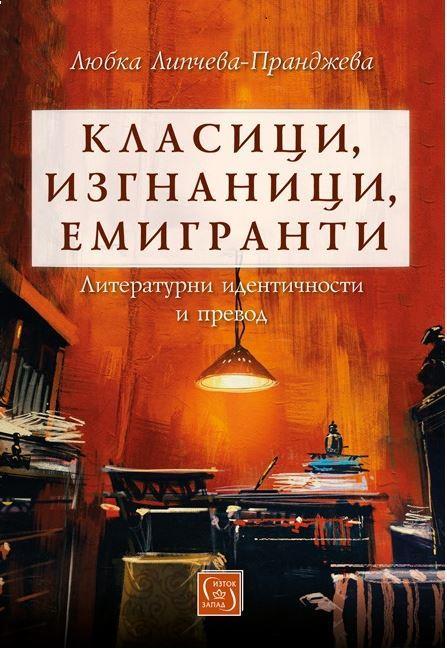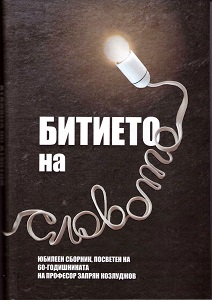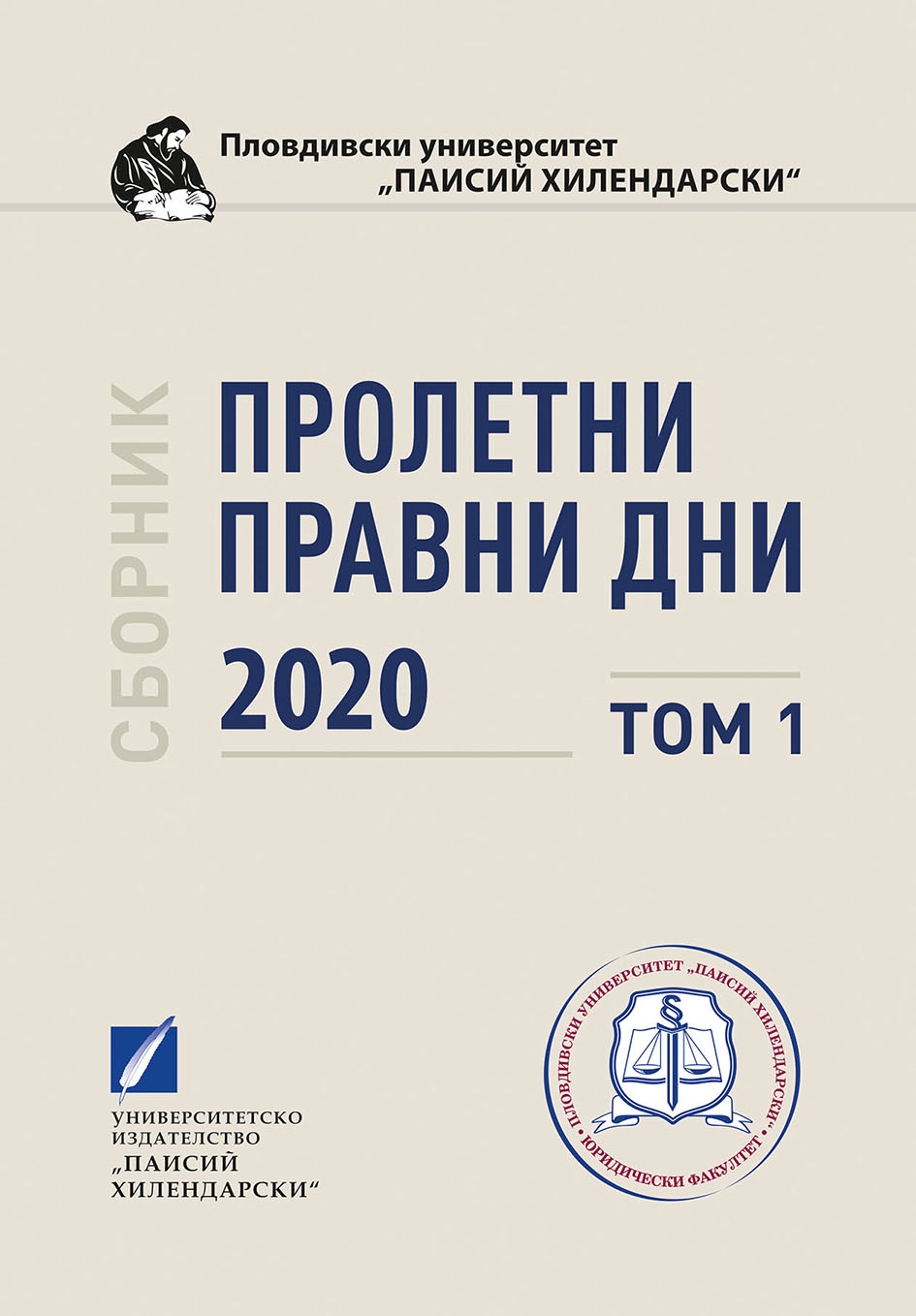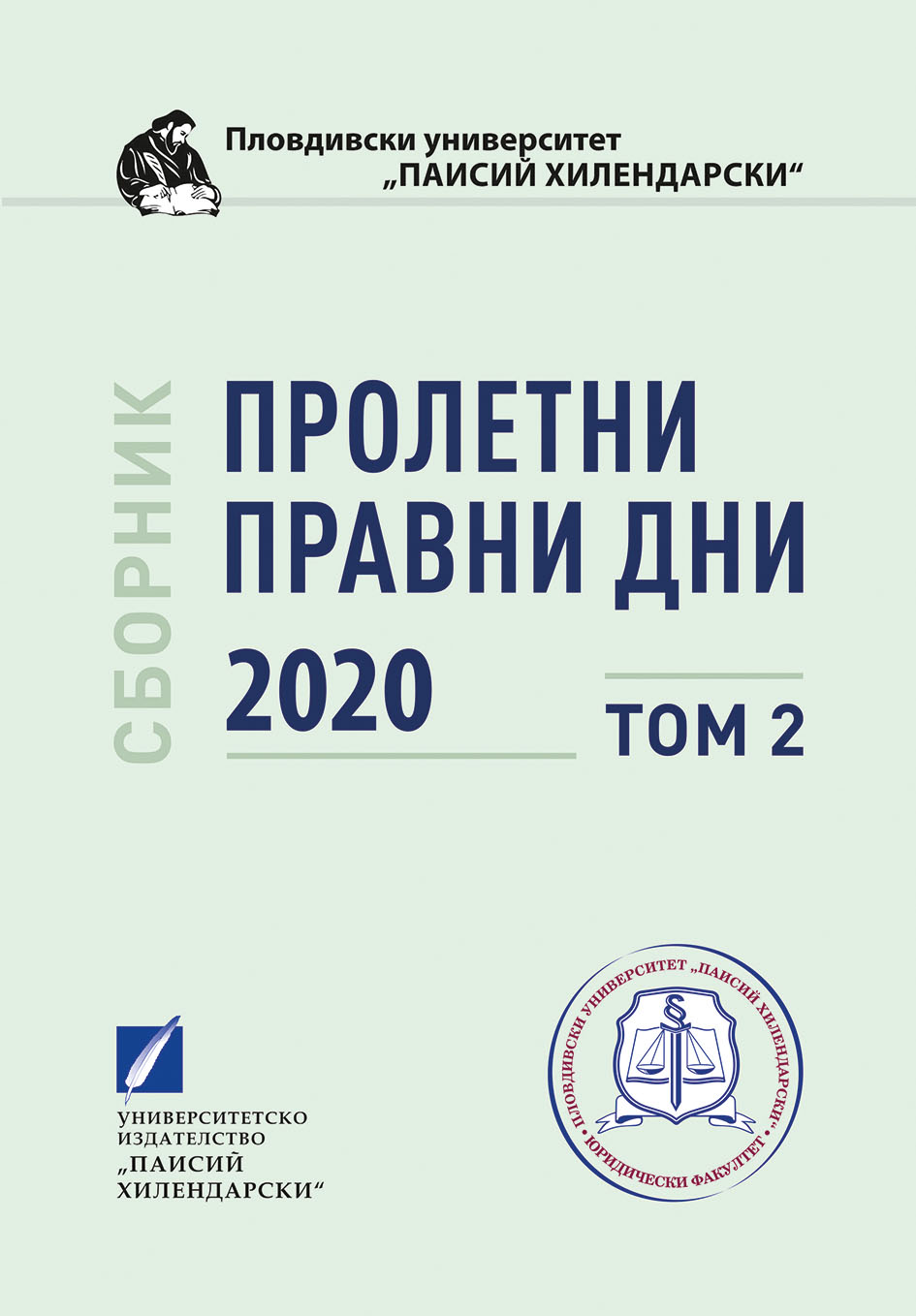Недописани страници от историята на българския книжовен език. Част I. Славянски ракурси
Author(s): Diana Ivanova / Language(s): Bulgarian
Keywords: History of the Bulgarian Literary Language; National Revival; Slavic cultural dialogue; Slavic languages
The book contains the author’s studies of the last decade, concerning historical problems of the modern Bulgarian literary language, which have not been sufficiently elaborated and described in the specialized publications. One of the questions which needs a special attention is in the sphere of the comparative examination of the linguistic and literary contacts between the Slavic peoples during the National Revival period and their interaction (common ideas, processes, tendencies, standard similarities and dissimilarities, specific behaviors, etc). The book consists of four parts, united by the common problems of the publications in each one: “Outlines of the Slavic dialogue during the Revival period”, “Public figures and ideas in the Bulgarian-Czech cultural dialogue”, “Bulgarian-Polish cultural and scholarly connections in 19th century”, “Authors, translators and translations”. These parts outline the specific manifestations of the cultural dialogue between the Bulgarians and the other Slavic peoples, carried out by researchers, writers, translators, explorers, journalists, who, through their work and activities, brought for the cultural advancement of the different Slavic nations on one hand, and became mediators of ideas between their own people and the remaining Slavic world, on the other hand. Based on analyses of a varied material of different Slavic languages conclusions are made about parallel or asymmetric processes in the cultural development and common tendencies that mark their future development. The comparative analyses of the inter-linguistic relations based on texts of the same or different chronologic sections are interesting from the viewpoint of the possibility of reconstruction of movements of transitory stages on one hand, and on the other hand – of the possibility of prognosis concerning future developments. Such analyses give specific information about these processes, since in each situation of inter-cultural exchange and inter-linguistic contacts, one can find both common and individual features. However, the unique idiosyncrasies stand out quite clearly when juxtaposed to other genetically closer or farther languages, which is well observed in translations from one Slavic language into another. Within the scope of the author’s attention come questions, connected with the textual and linguistic analysis of literary works, which demonstrates the tools of deeper examination of those facts, bringing us nearer to more unbiased conclusions about authors, works, translations and translators. On basis of indisputable facts, the book makes amendments of former standpoints (found in reference books) concerning the authorship of some translations or the sources and languages from which they have been made, and this is the contribution to our literary and linguistic history.
More...
